More keys and more control: Novation expands its FL Studio MIDI controller range with the FLkey 49 and FLkey 61
For the FL user who wants to be able to play with both hands
Having previously introduced a pair of compact FL Studio-specific MIDI keyboard controllers - FLkey Mini and FLkey 37 - Novation now has a couple of options for the FL-favouring DAW user who wants something on a larger scale. Flkey 49 and FLkey 61 come with four- and five-octave keyboards respectively, and also offer some additional features.
As you’d expect, both models integrate seamlessly with FL Studio - they’ve been created in collaboration with Image-Line, the DAW’s developer - and enable you to control several of its key elements. These include the mixer and channel rack (you get eight knobs, nine faders and nine fader buttons), the famous step sequencer and many of its instruments and plugins.
Pattern Pad mode enables you to select and edit patterns directly from the pads, while Scale mode locks the keyboard to a specific key. There are also three different Creative Chord modes (Fixed, User and Scale) that enable you to trigger chords with a single finger.
Preset browsing is possible, too, and you can make your own control assignments using the Custom modes.
Both controllers ship with a 6-month trial version of FL Studio Producer Edition, while other bundled software includes XLN Audio Addictive Keys, AAS Session bundle, Spitfire Audio Expressive Strings, Klevgrand DAW Cassette and Klevgrand Roverb.
The FLkey 49 costs $230 (ex tax)/£230/€226.88 (ex tax) and the FLkey 61 is priced at $280 (ex tax)/£280/€268.90 (ex tax). They’re available for pre-order now from retailers and the Novation website.
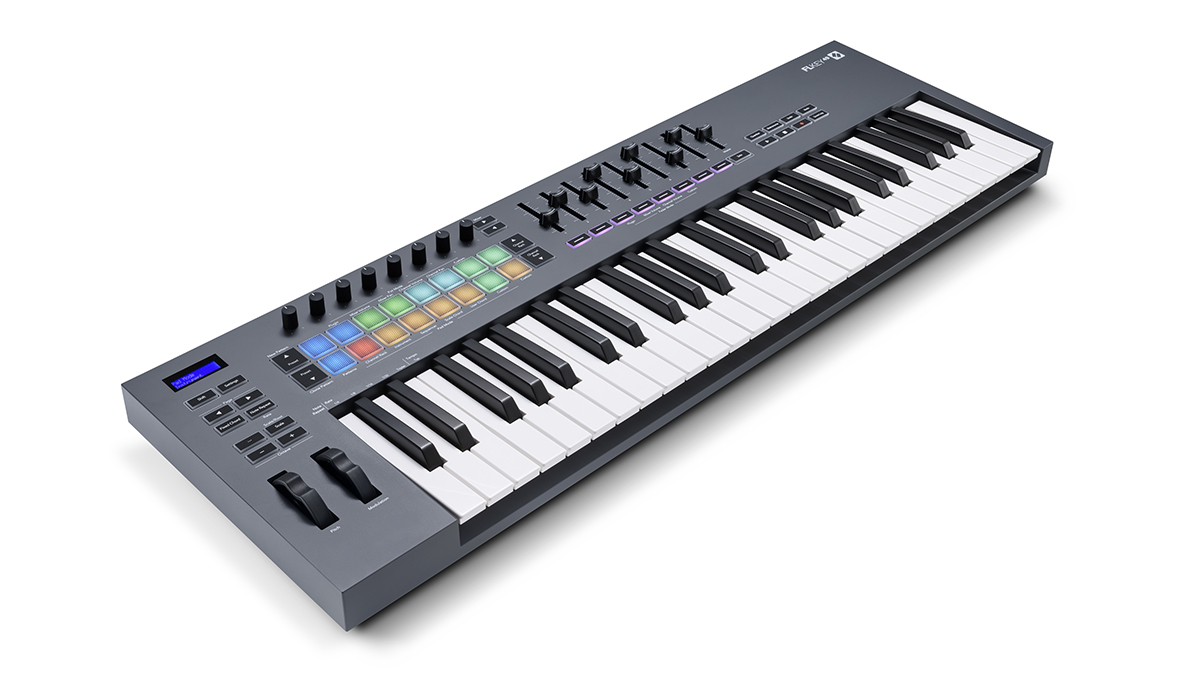
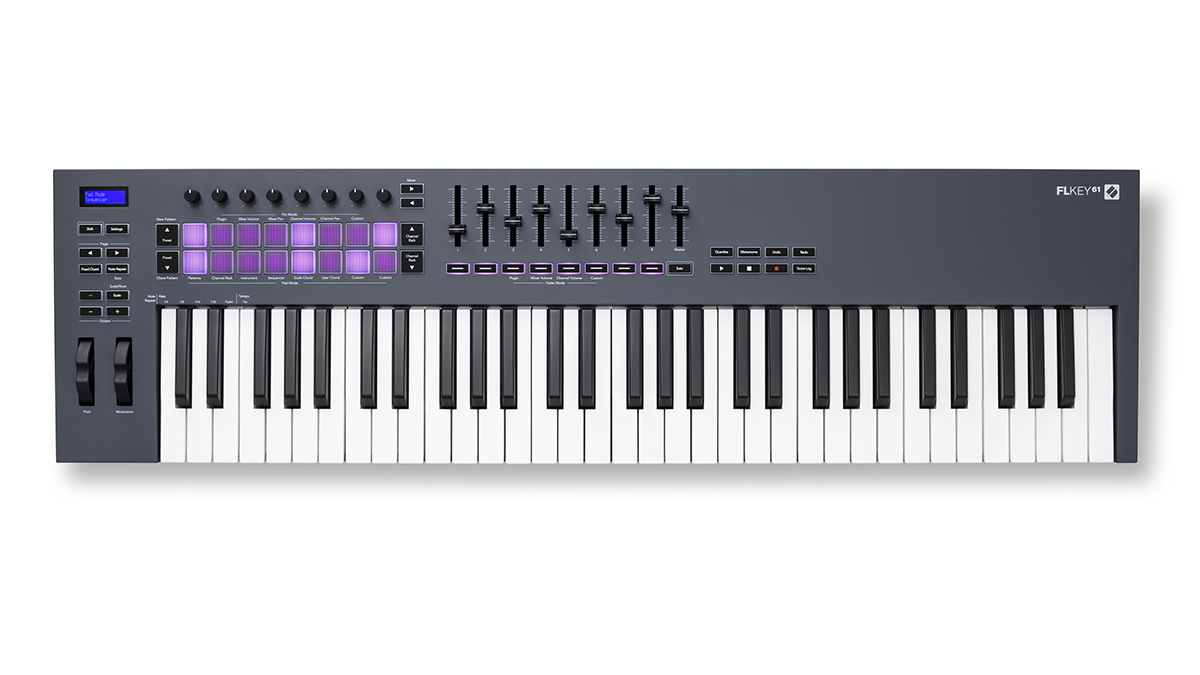
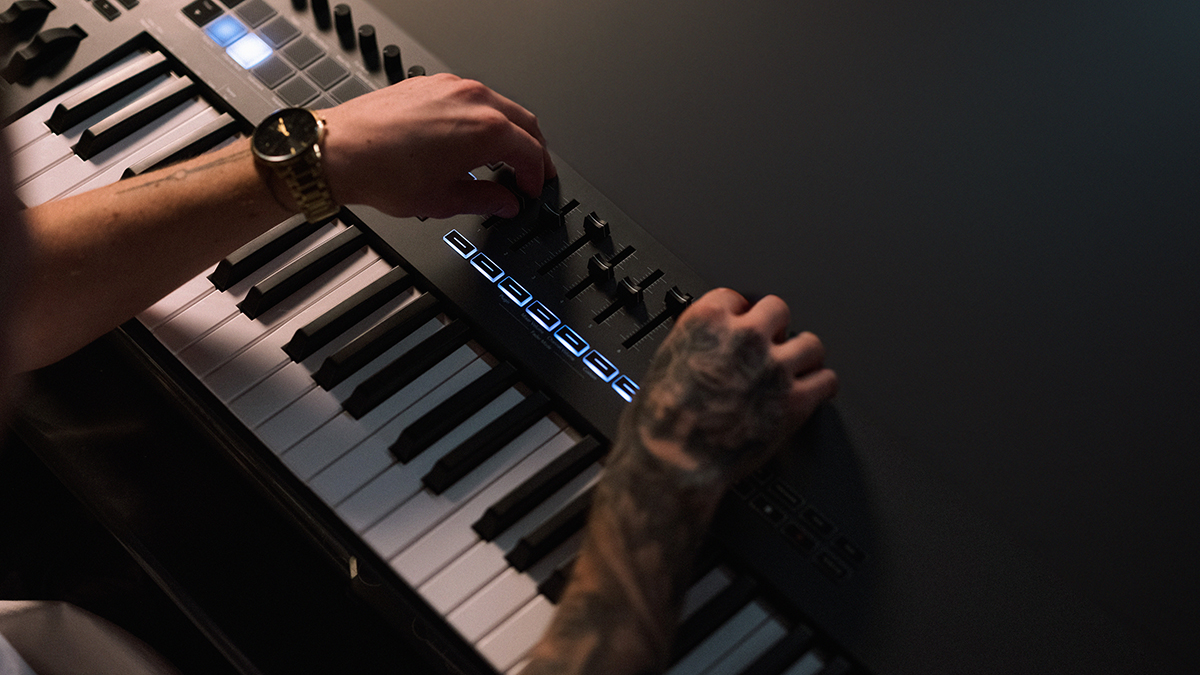
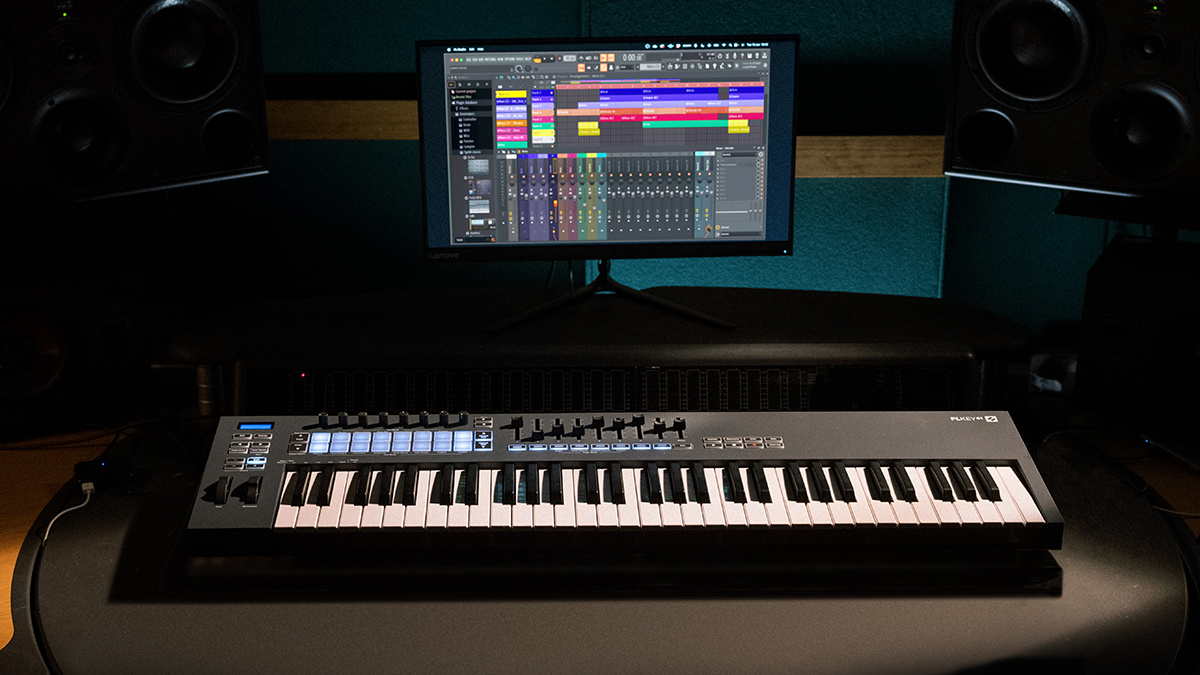
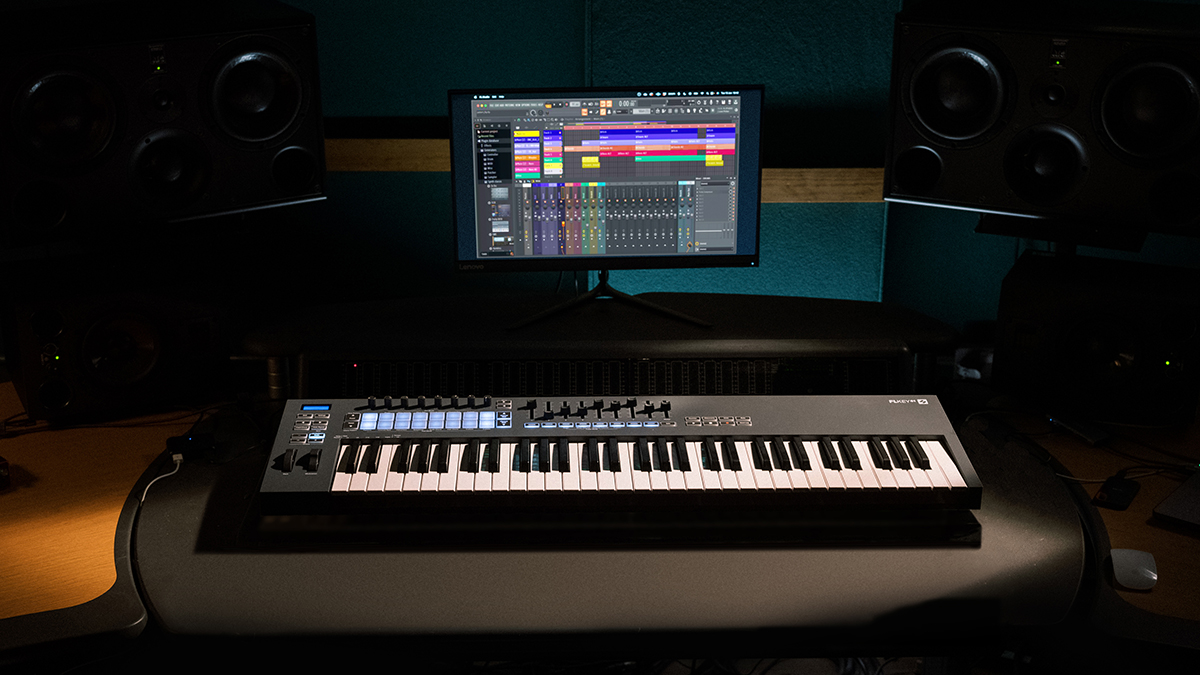
Get the MusicRadar Newsletter
Want all the hottest music and gear news, reviews, deals, features and more, direct to your inbox? Sign up here.



I’m the Deputy Editor of MusicRadar, having worked on the site since its launch in 2007. I previously spent eight years working on our sister magazine, Computer Music. I’ve been playing the piano, gigging in bands and failing to finish tracks at home for more than 30 years, 24 of which I’ve also spent writing about music and the ever-changing technology used to make it.









